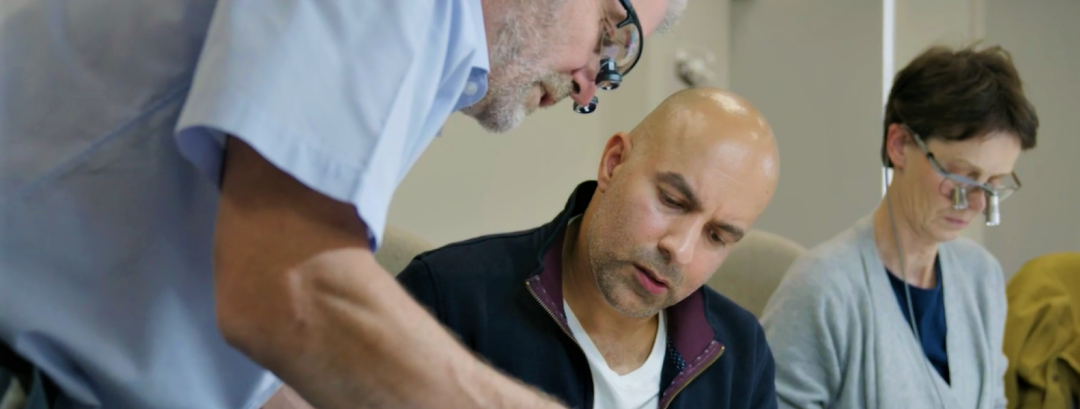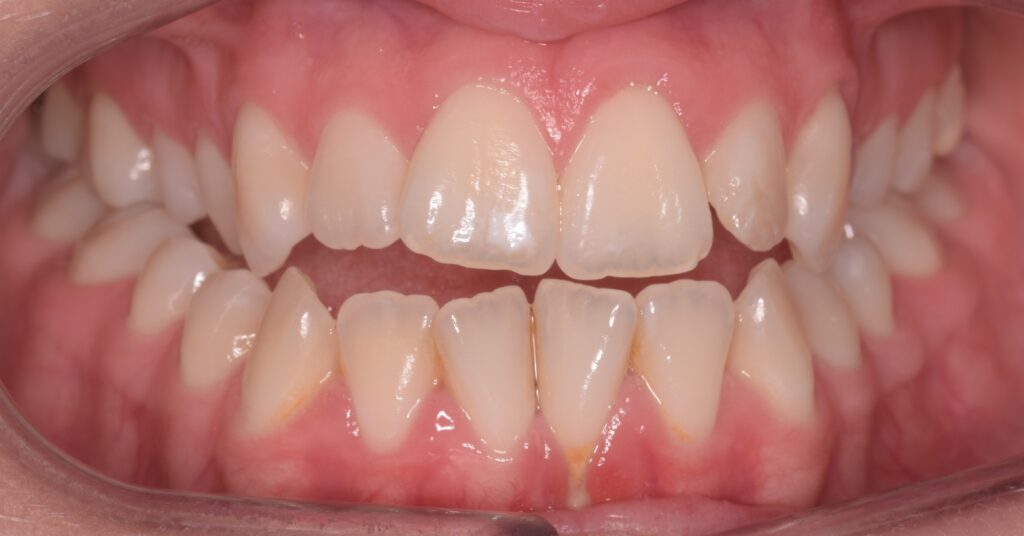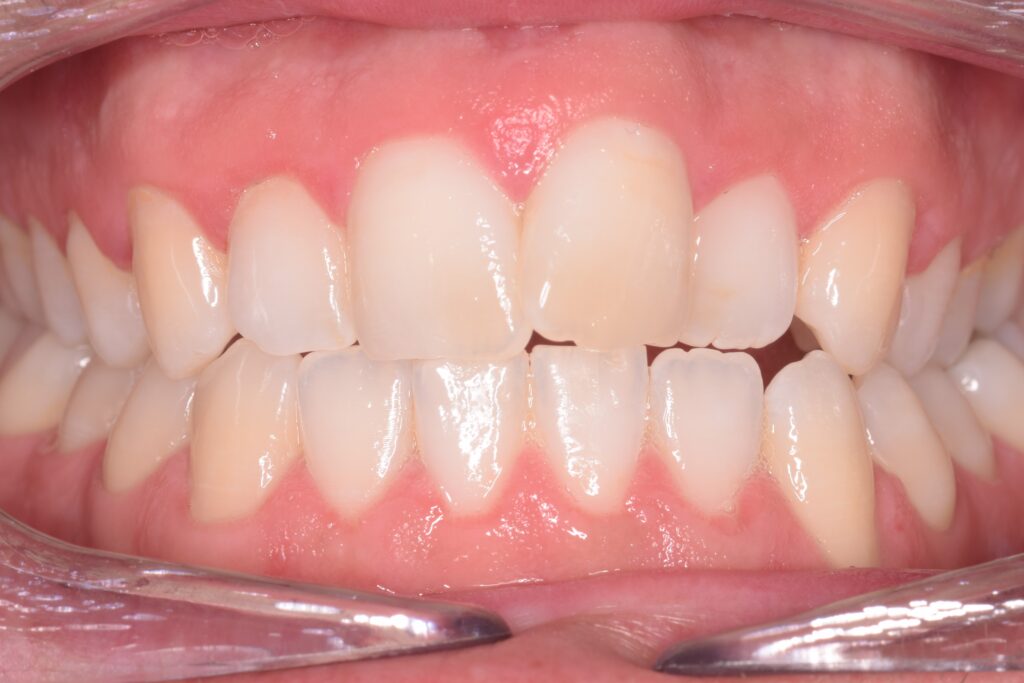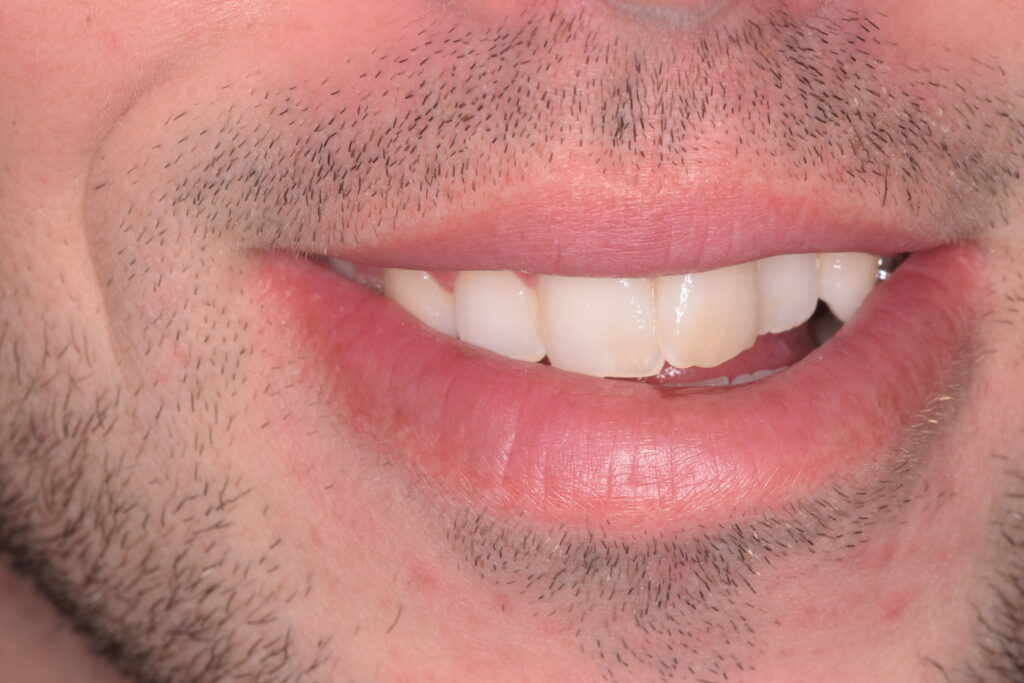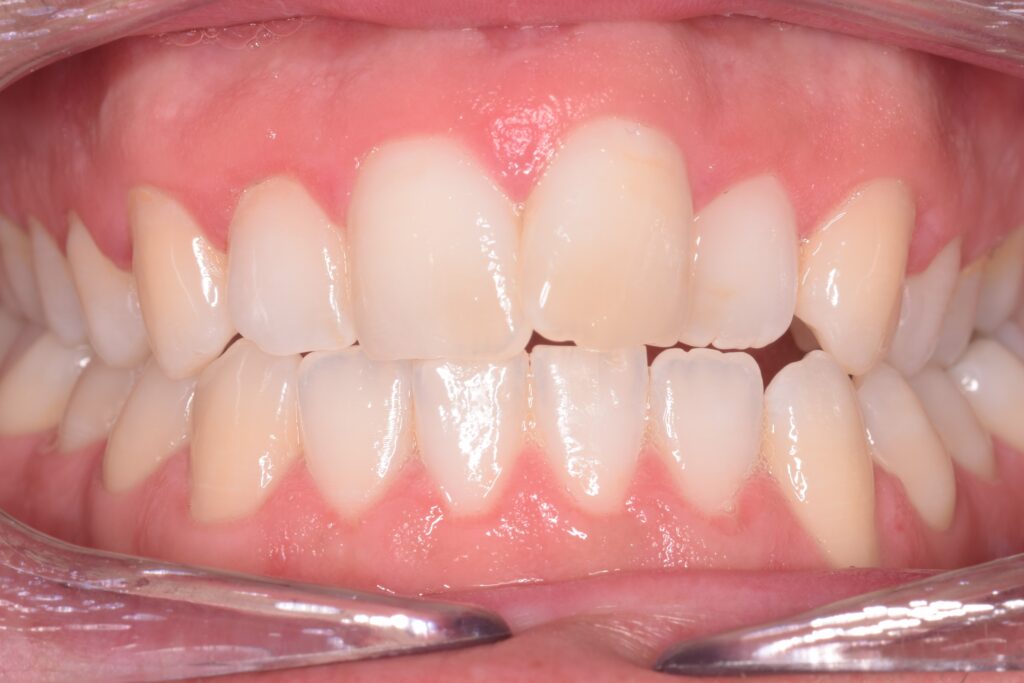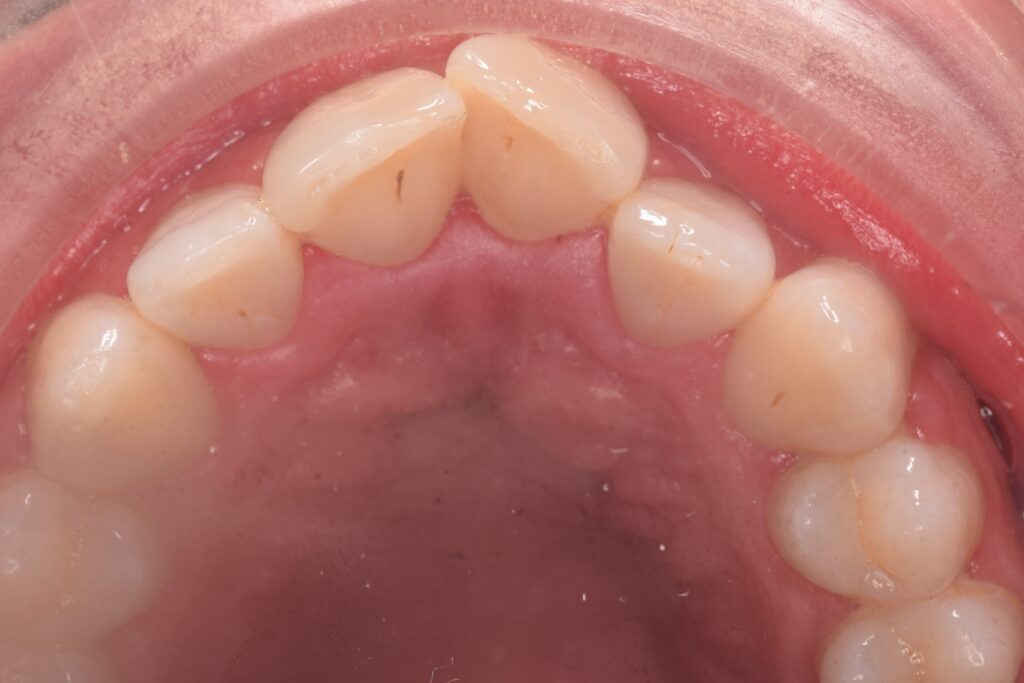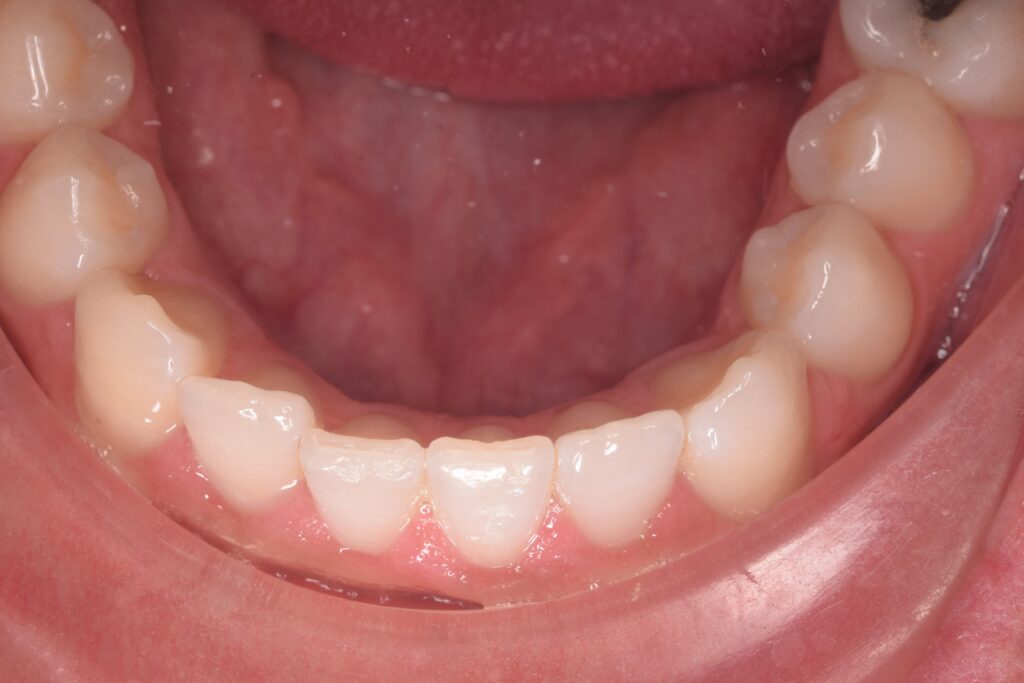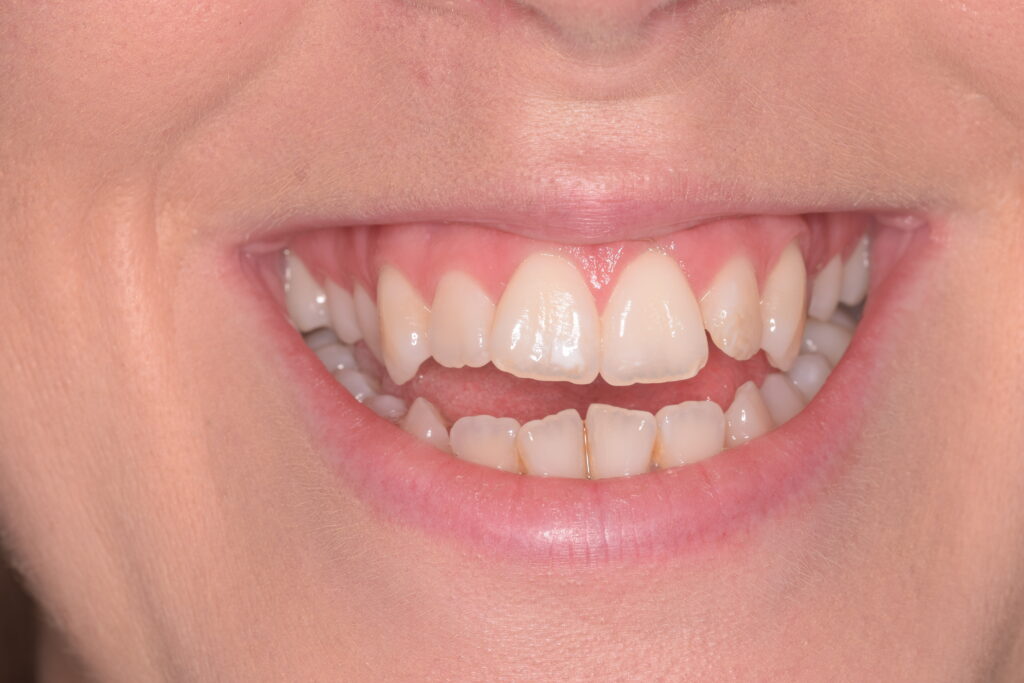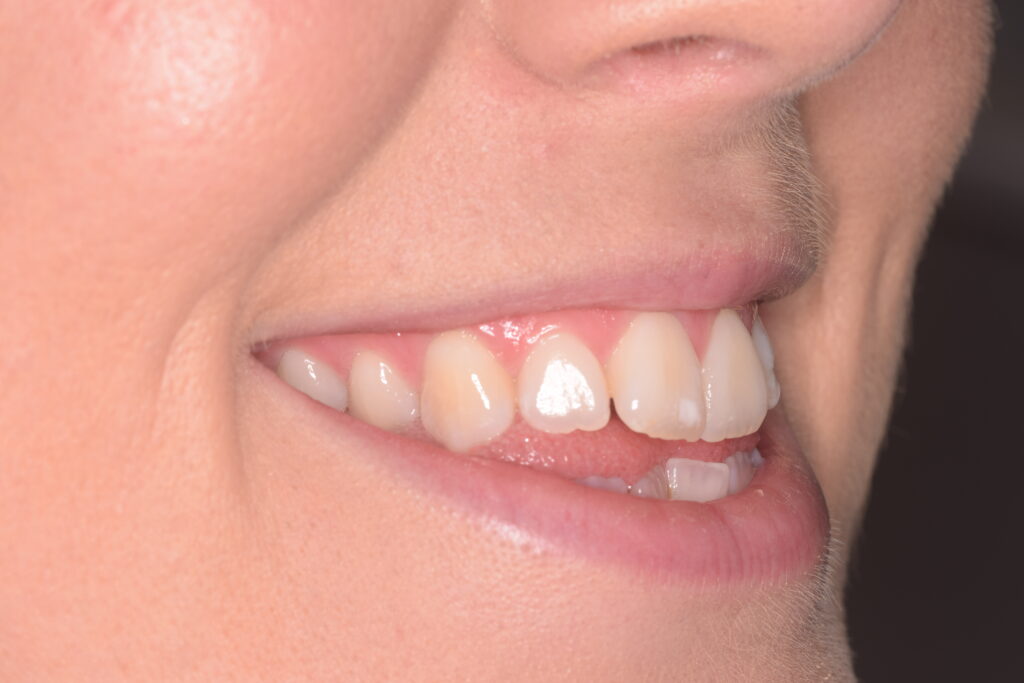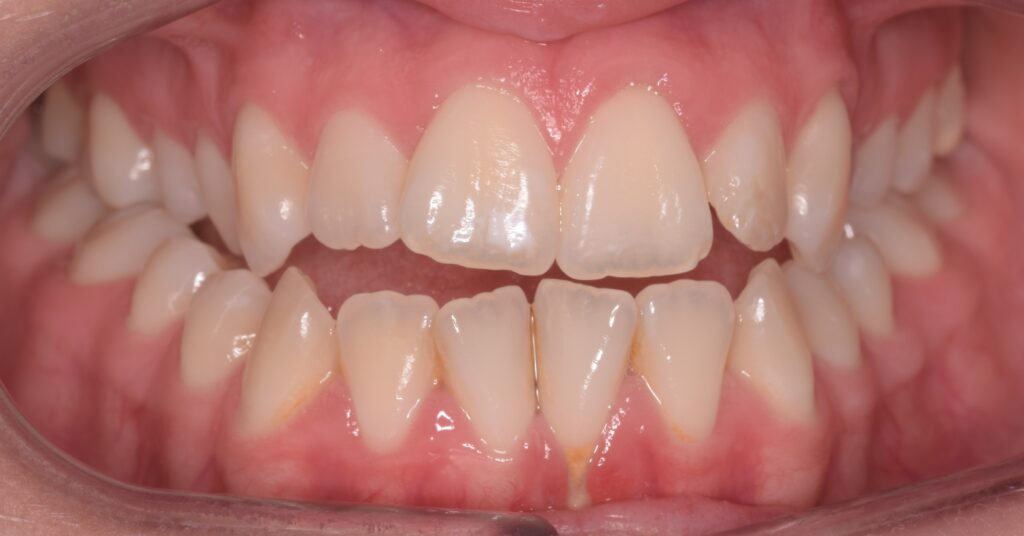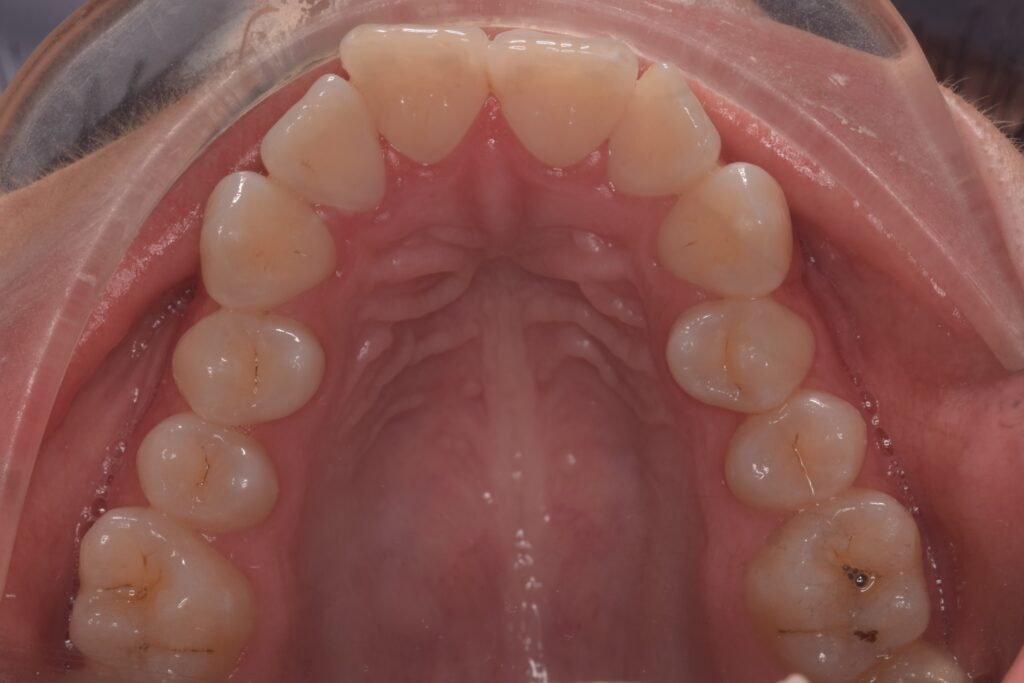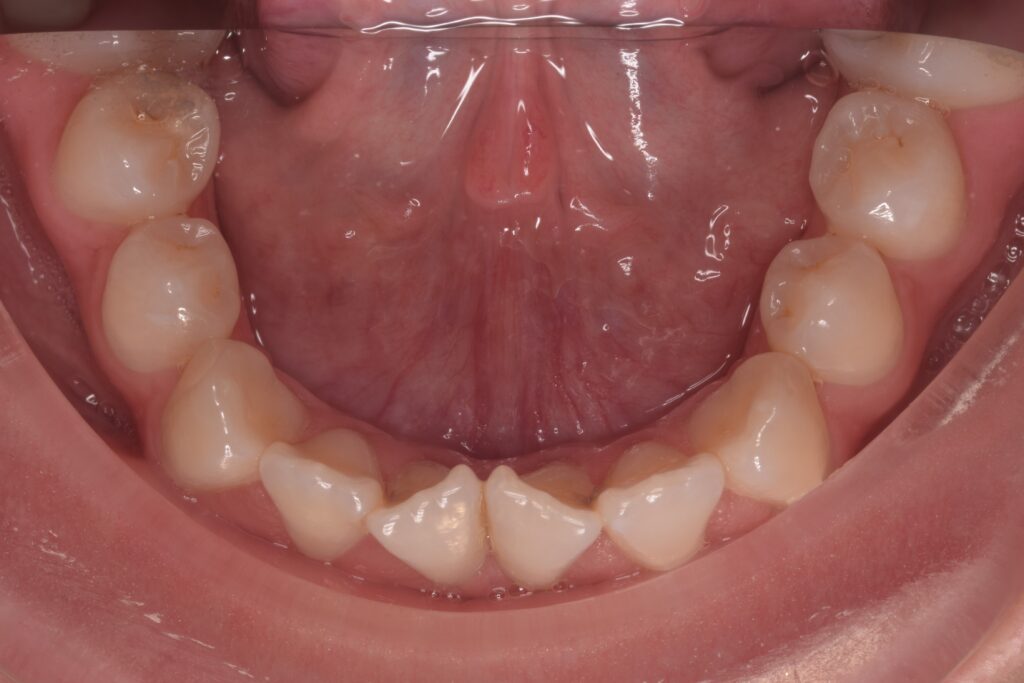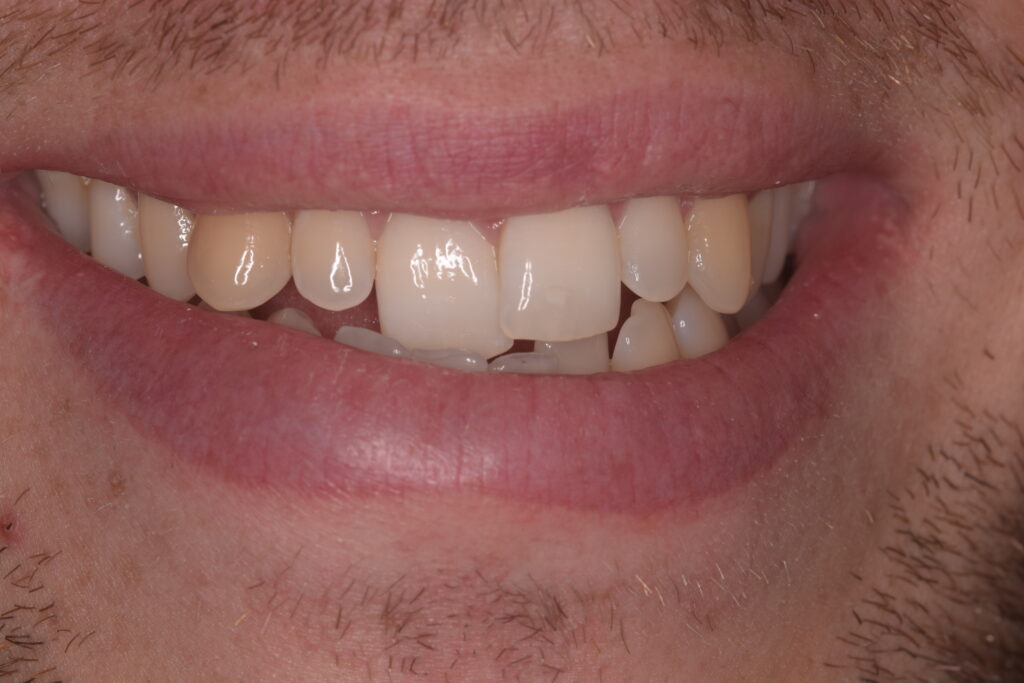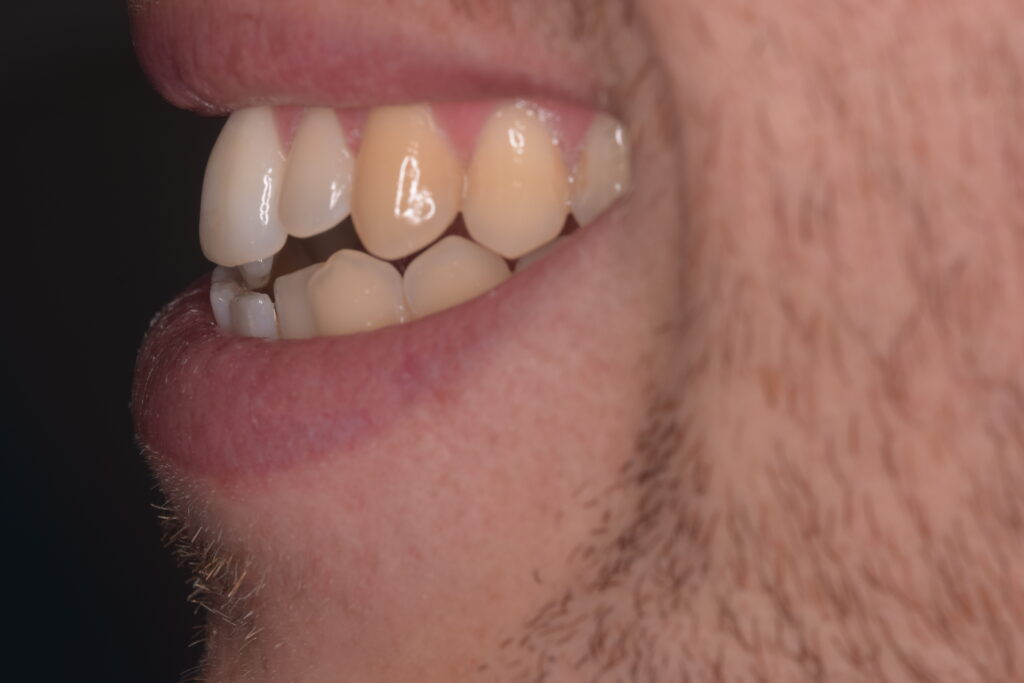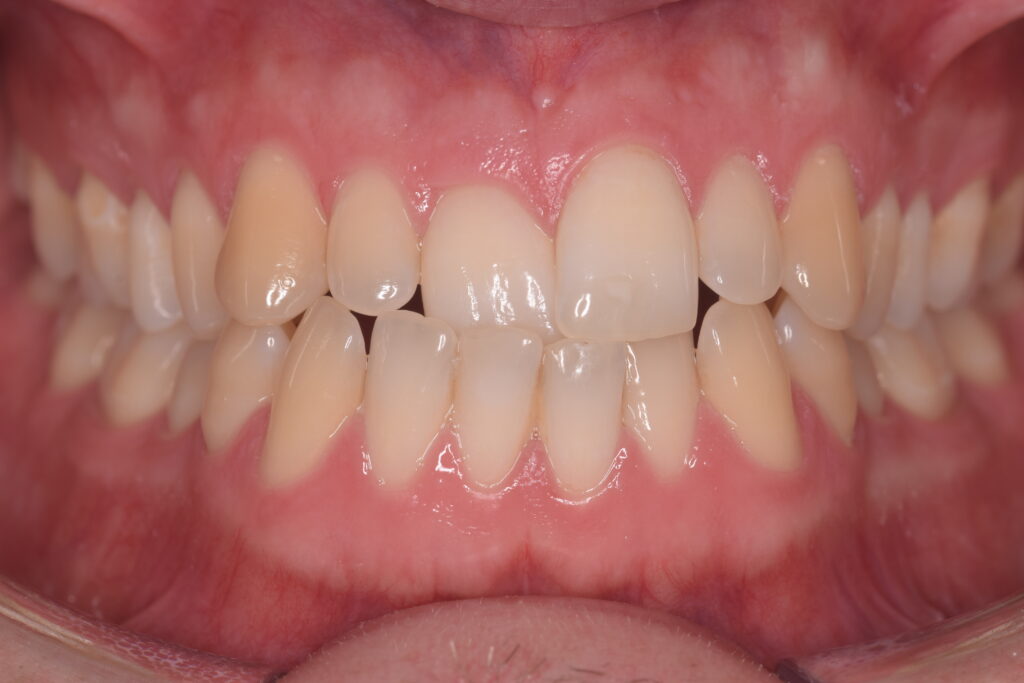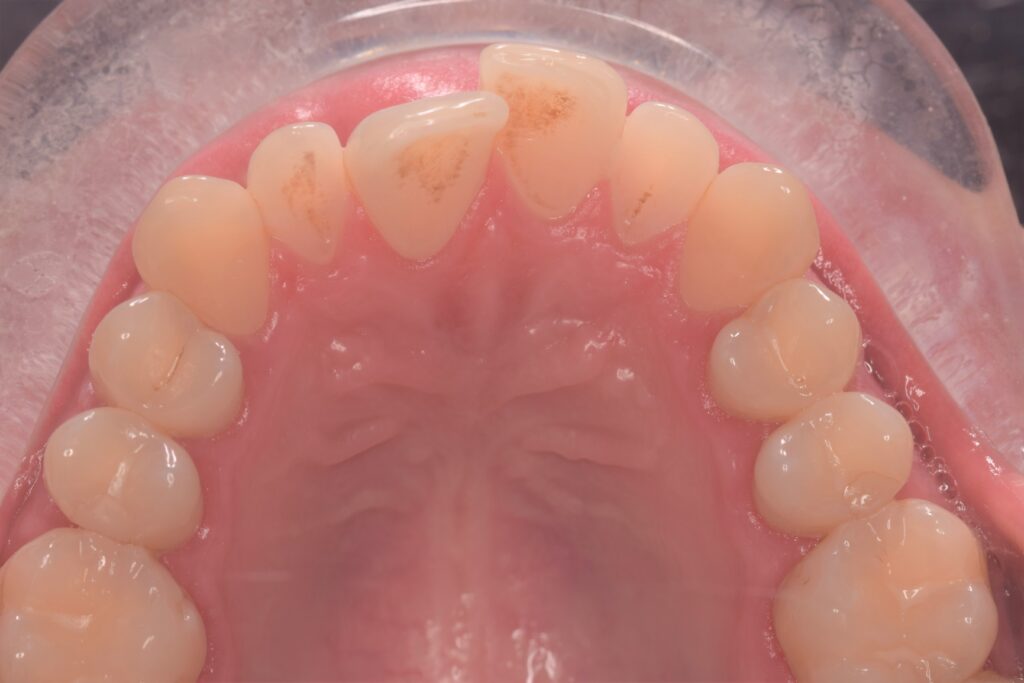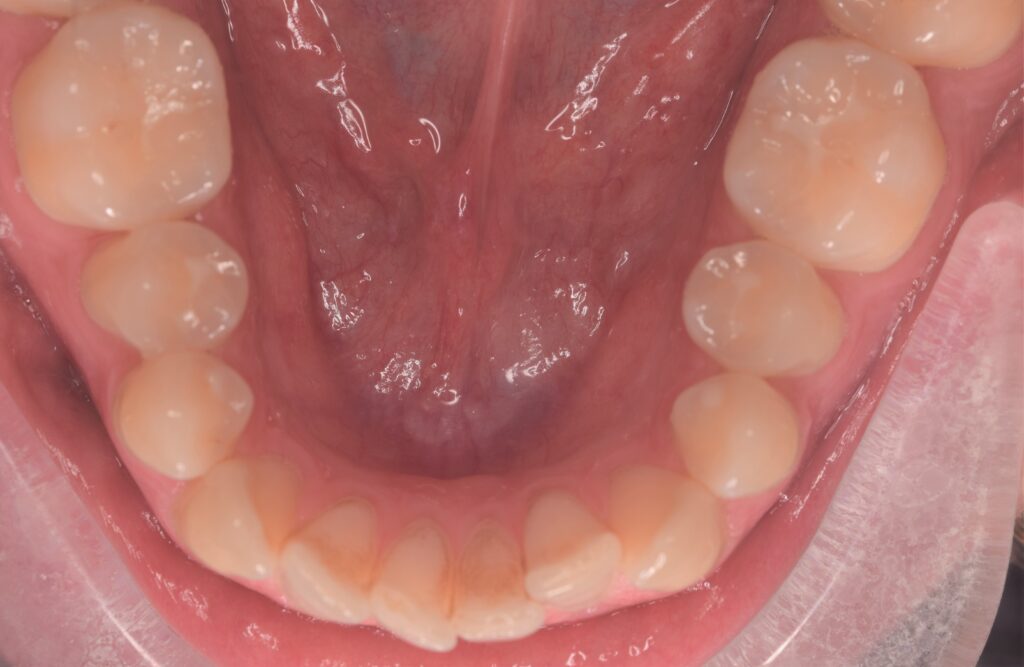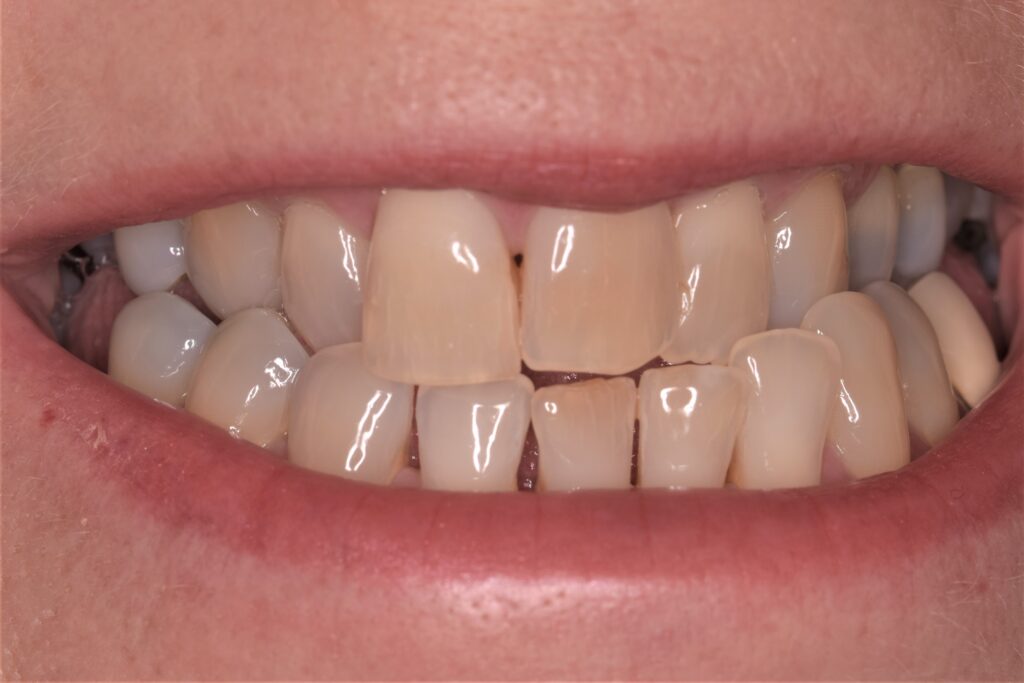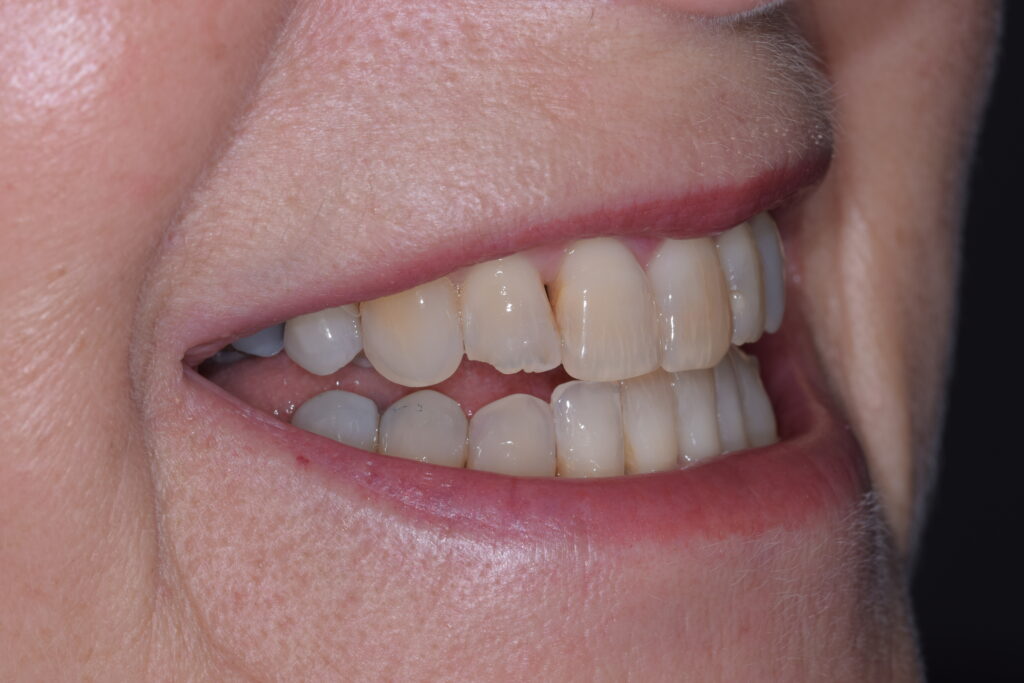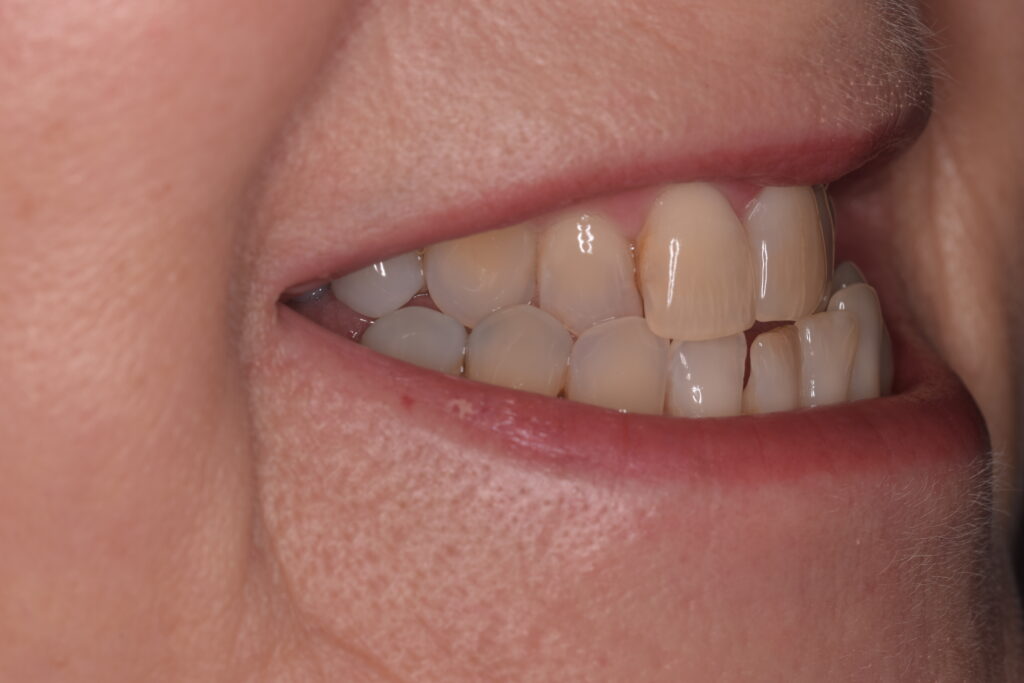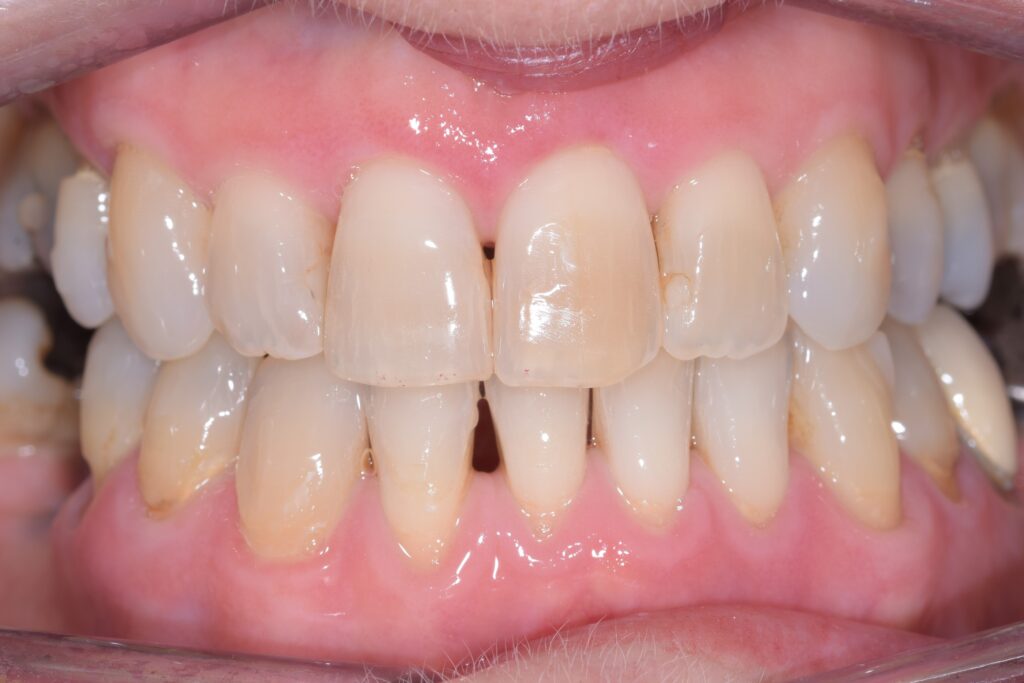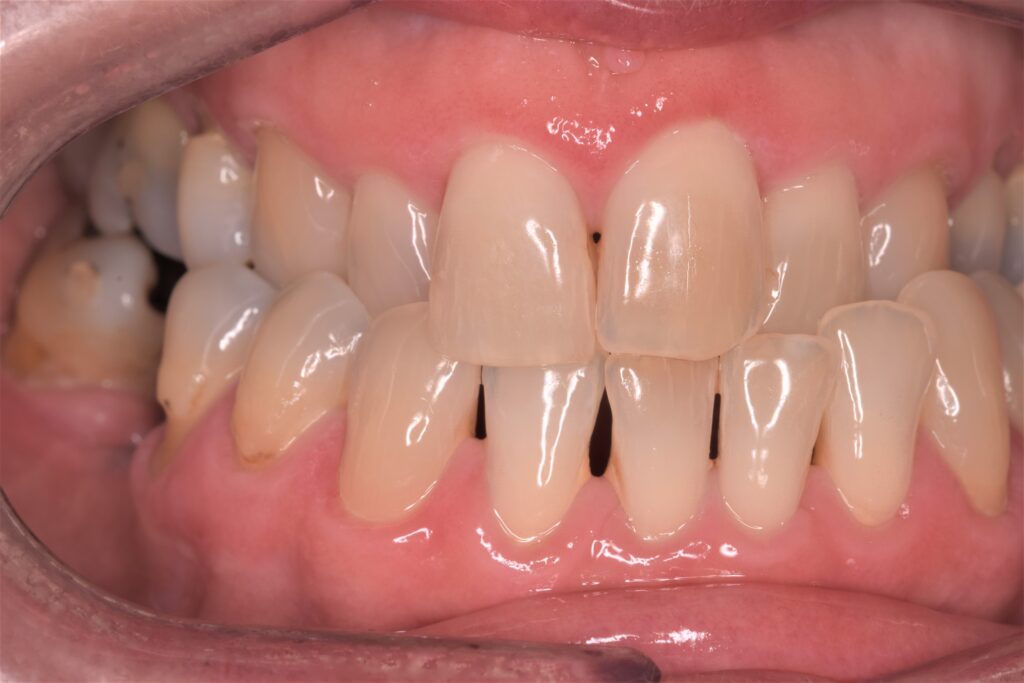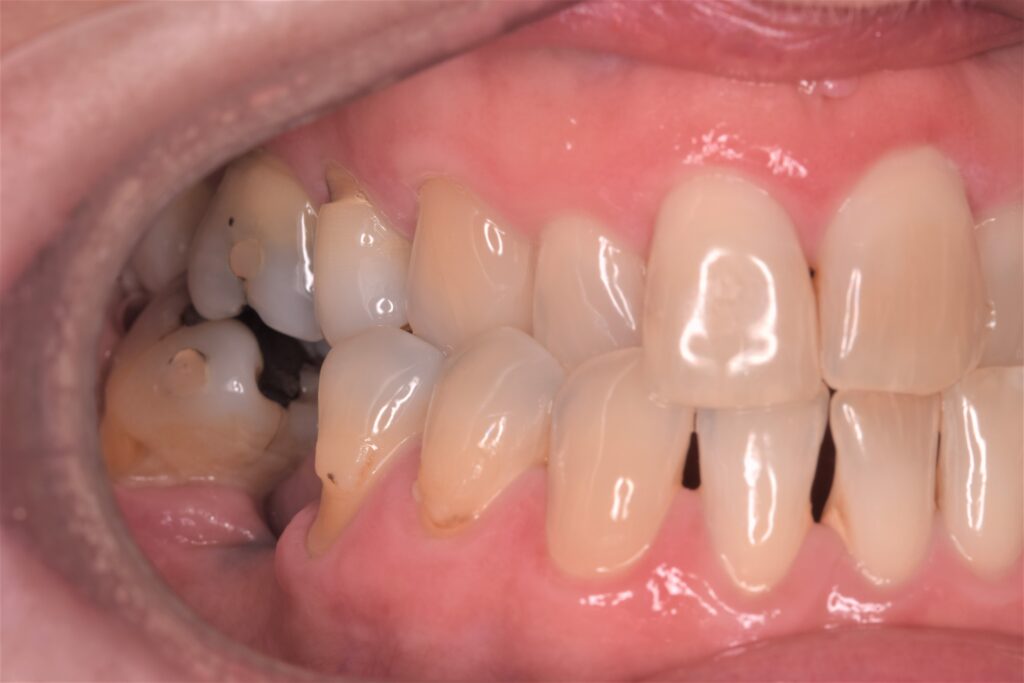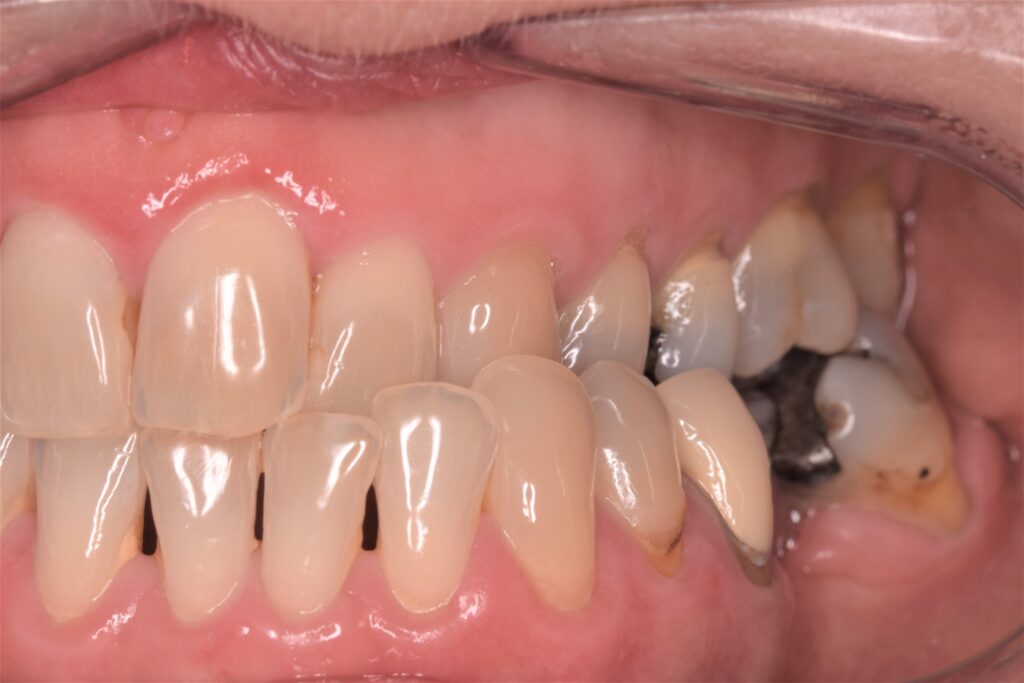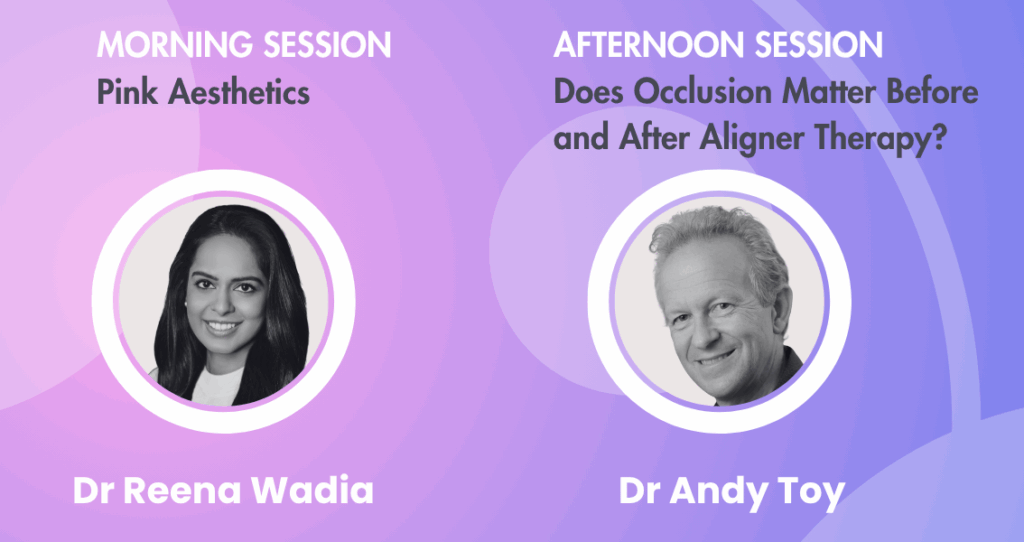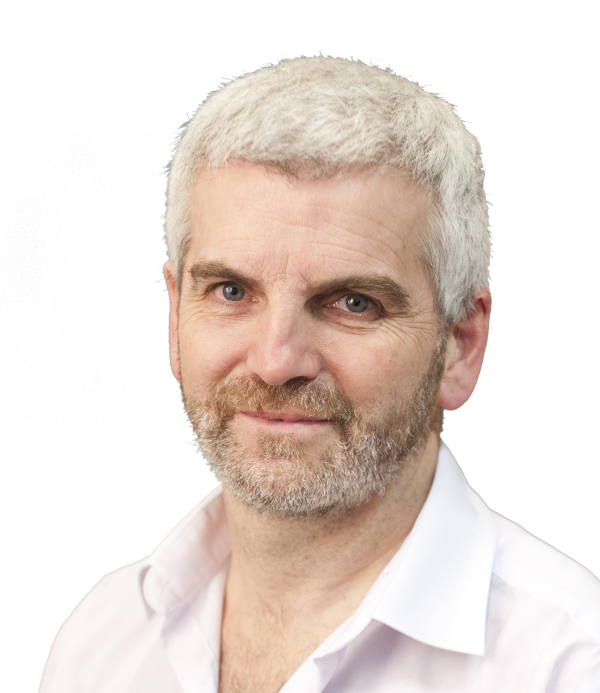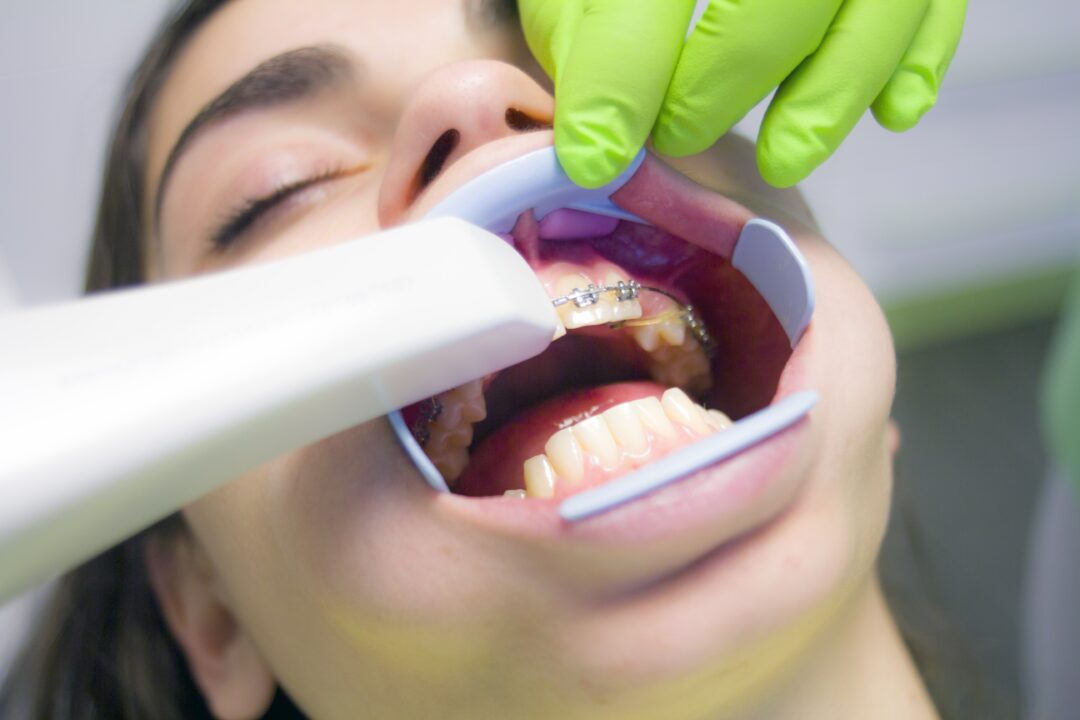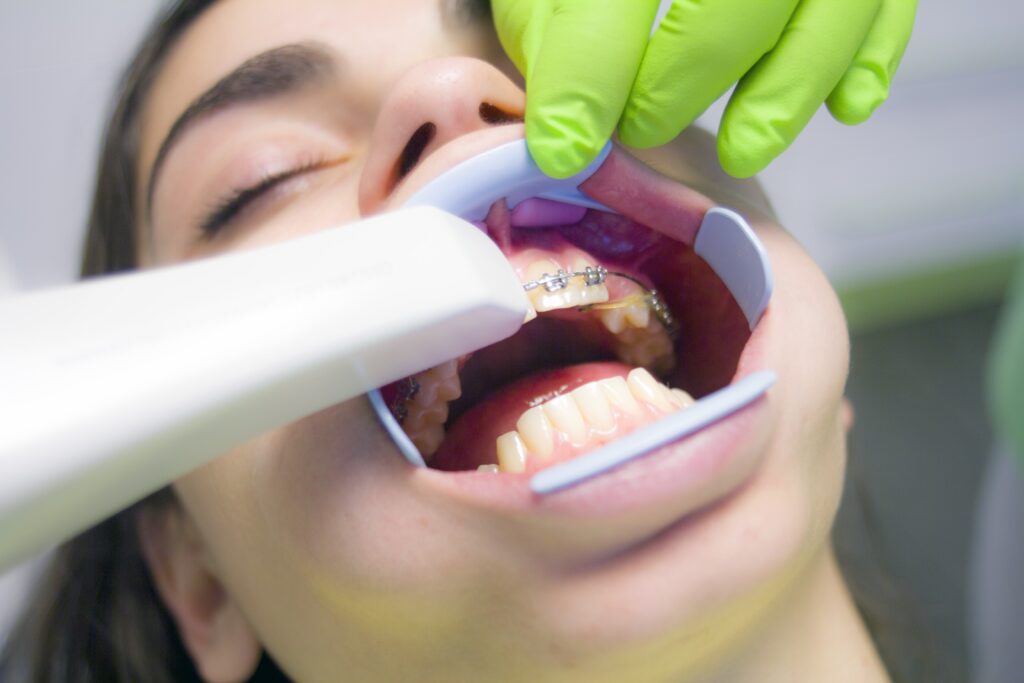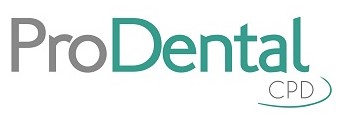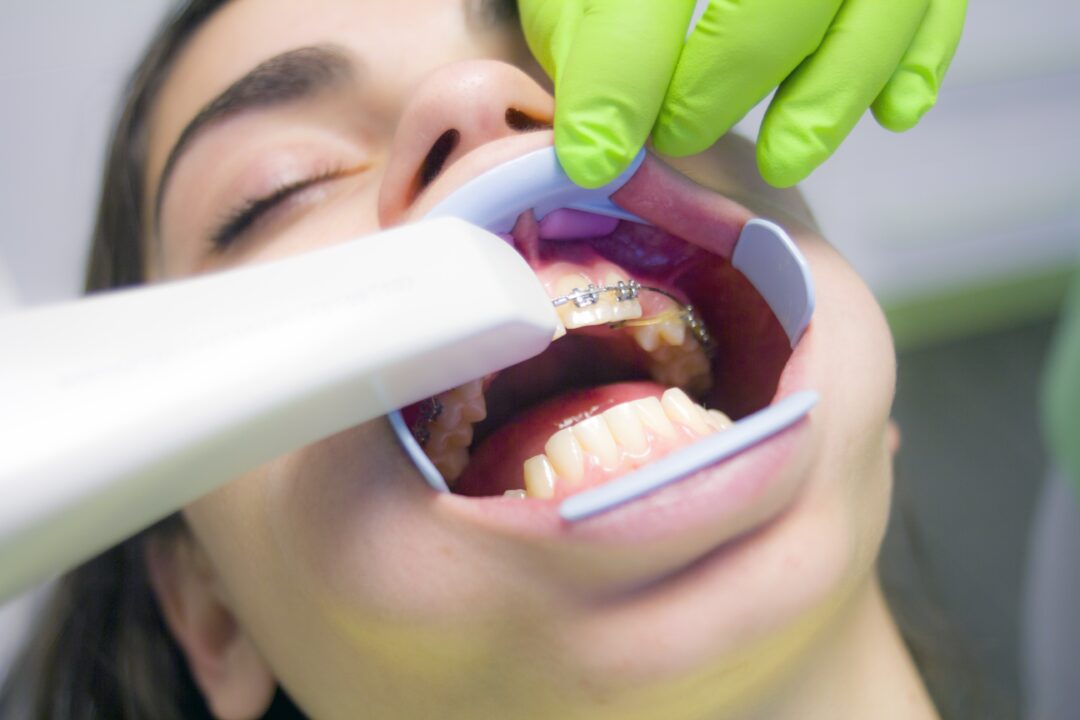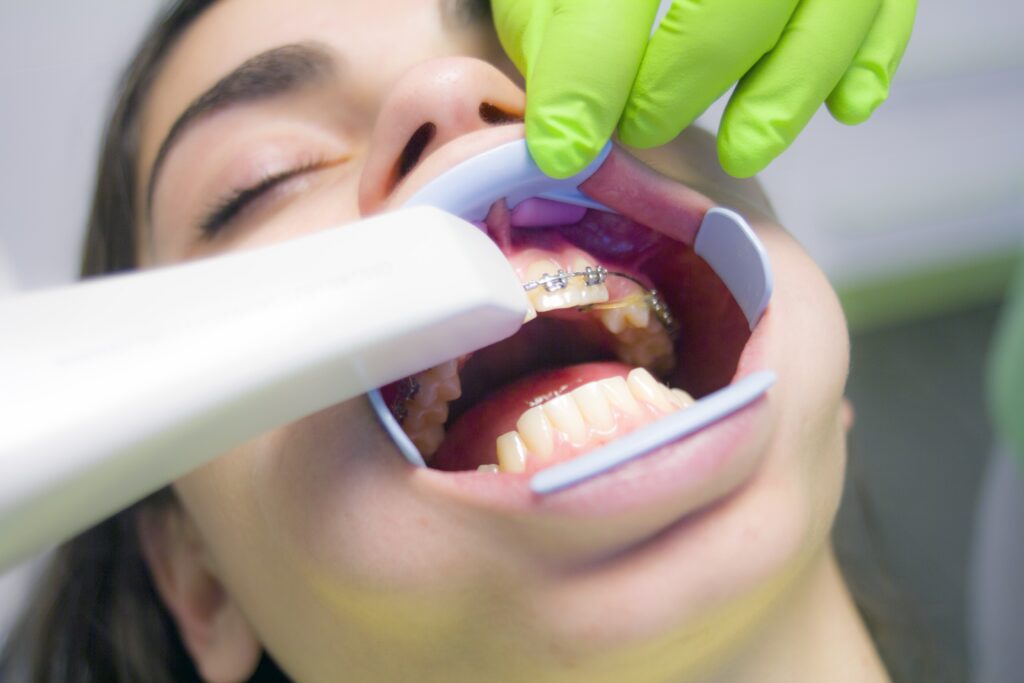Thursday 18 November 2027 – Saturday 20 November 2027
This training block is reserved for enrolled candidates progressing towards the CGDent Postgraduate Diploma in Primary Care Orthodontics.

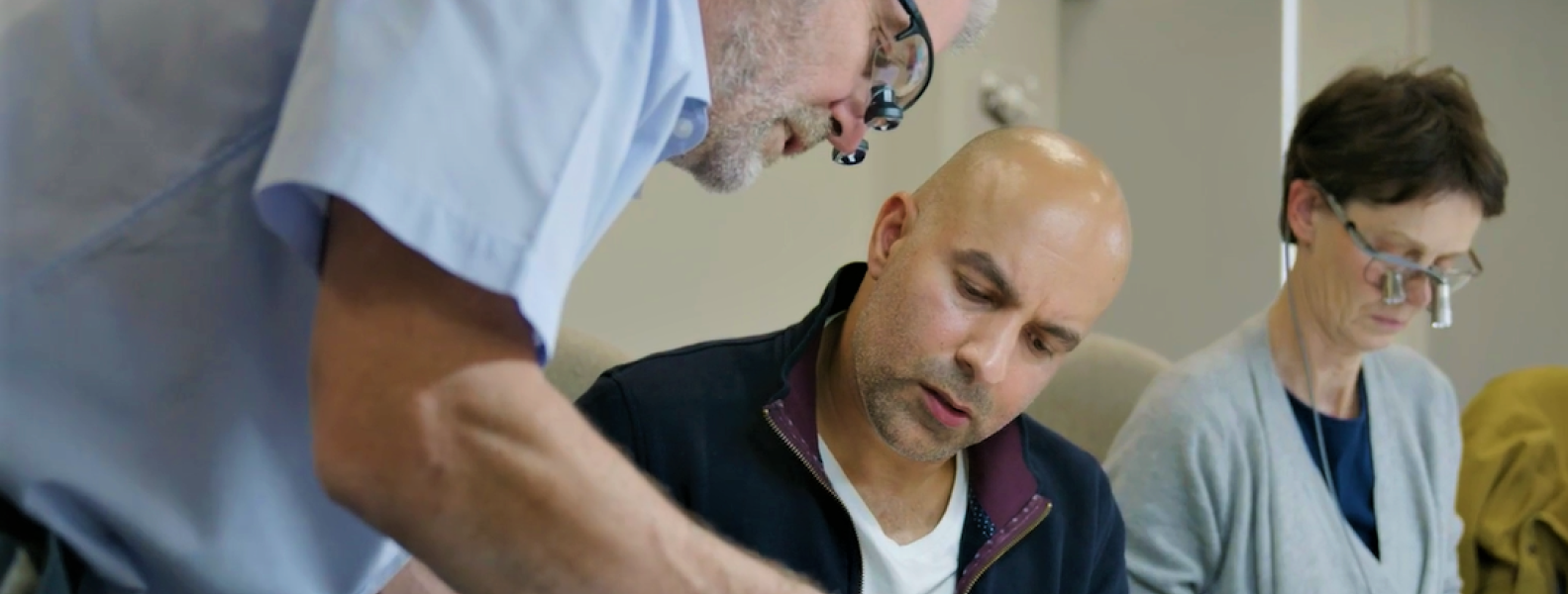
IAS Academy, Towergate House, 22 Wintersells Road, Byfleet, Surrey KT14 7LF
The Advanced Orthodontics course is a comprehensive, 120-credit, Level 7 programme leading to the award of the CGDent Postgraduate Diploma in Primary Care Orthodontics.
Delivered by IAS Academy, it is designed to give General Dental Practitioners the skills and knowledge needed to treat more complex malocclusions, including extraction cases, taking them up to just below specialist training level. It covers all appliance systems – fixed functional, aligners, lingual and Inman – and includes both the theory and practical aspects of orthodontic care.
In addition to lectures, students will discuss multiple new cases, participate in hands-on practical sessions and receive one-to-one mentoring by specialists for ten treated cases. The syllabus, which is delivered across six 3-4 day training blocks as well as weekly online planning discussions, includes:
- Records, assessment, diagnosis and treatment planning
- Treatment planning for Class I, Class II div1, Class II div 2 and Class III malocclusions
- Radiography – Ceph/OPG/CBCT
- Fixed appliances
- Lingual appliances
- Removable appliances
- Functionals
- Retention
- Aetiology of malocclusion, growth & development
- Development of the dentition and tooth movement
- Dental material & biomechanics
- Multidisciplinary care, including restorative, periodontics & surgery
- Critical reading skills
- Health education, health & safety, legislation and audit
- Marketing and practice management
Successful completion of the CGDent Postgraduate Diploma in Primary Care Orthodontics satisfies the Clinical & Technical domain of Fellowship and brings automatic eligibility for Associate Fellowship of the College.
Attending
This training block is specifically for candidates accepted onto the 2026-28 cohort of the diploma course and is limited to 12 places. To ensure enough case-flow and experience, the course is recommended for dentists who have treated at least ten fixed cases, are treating a minimum of ten orthodontic cases per annum, and are familiar with using fixed appliances.

